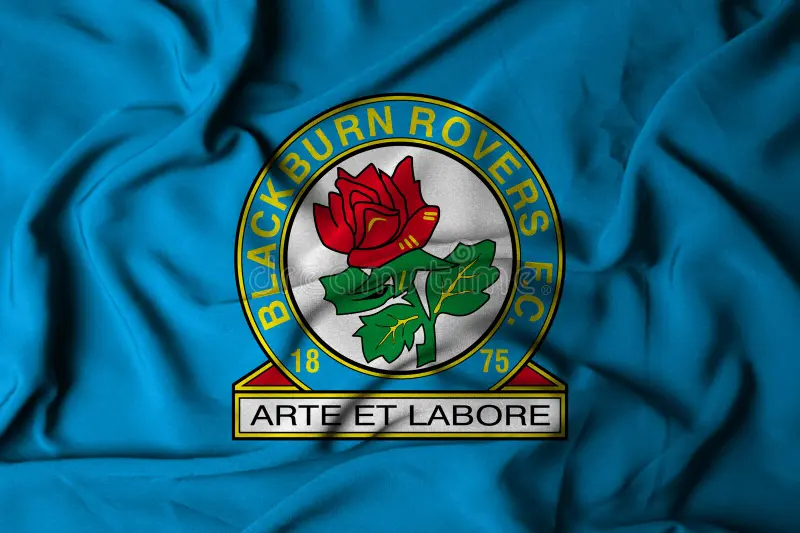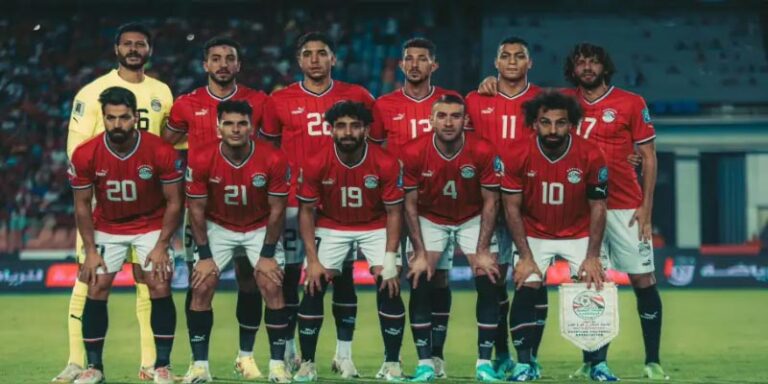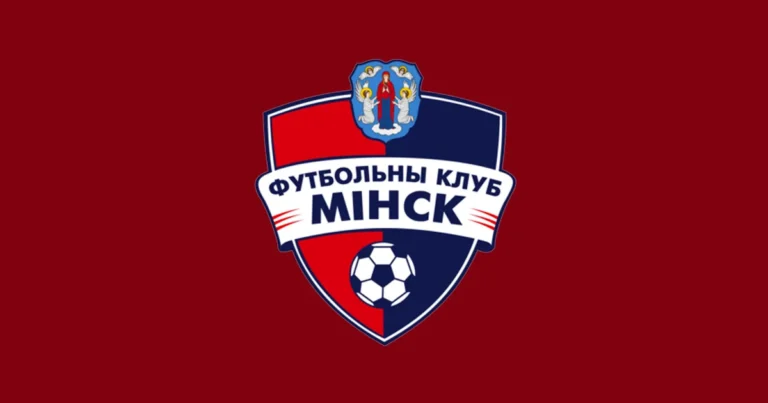
Blackburn Rovers FC
The celebration of winning the league title in 1912, still remembered as a pinnacle of early 20th-century football success Bwing.
Cultural Significance and Community Impact of Blackburn Rovers FC
Blackburn Rovers FC is much more than just a football team; it is a vital part of the local community and a symbol of regional pride. Its cultural impact extends beyond the pitch, influencing social cohesion, local economy, and identity Khuyến mãi Bwing.
The Role of the Club in Local Identity and Community Engagement
Blackburn Rovers has long been a unifying force in Blackburn and surrounding areas, fostering a sense of belonging among residents. The club’s community initiatives include youth development programs, charity events, and outreach activities aimed at promoting sports participation among young people.
The club’s involvement in local schools and grassroots projects emphasizes its commitment to nurturing future generations and supporting community well-being. Such initiatives foster loyalty and ensure the club remains embedded in the local culture.
Fan Base and Matchday Traditions
The passionate support from Blackburn Rovers fans creates an electrifying atmosphere during matches. The “Black Burn Army” is known for their singing, chants, and unwavering dedication, which significantly boosts team morale.
Matchday traditions, such as pre-game gatherings at local pubs, club chants, and celebrations after victories, create a unique sense of camaraderie among supporters. These traditions reinforce the club’s identity as a symbol of regional pride and communal spirit.
Economic and Social Contributions
Blackburn Rovers FC contributes significantly to the local economy through employment, matchday revenue, merchandise sales, and tourism. The club’s stadium, Ewood Park, attracts thousands of visitors, benefitting local businesses.



